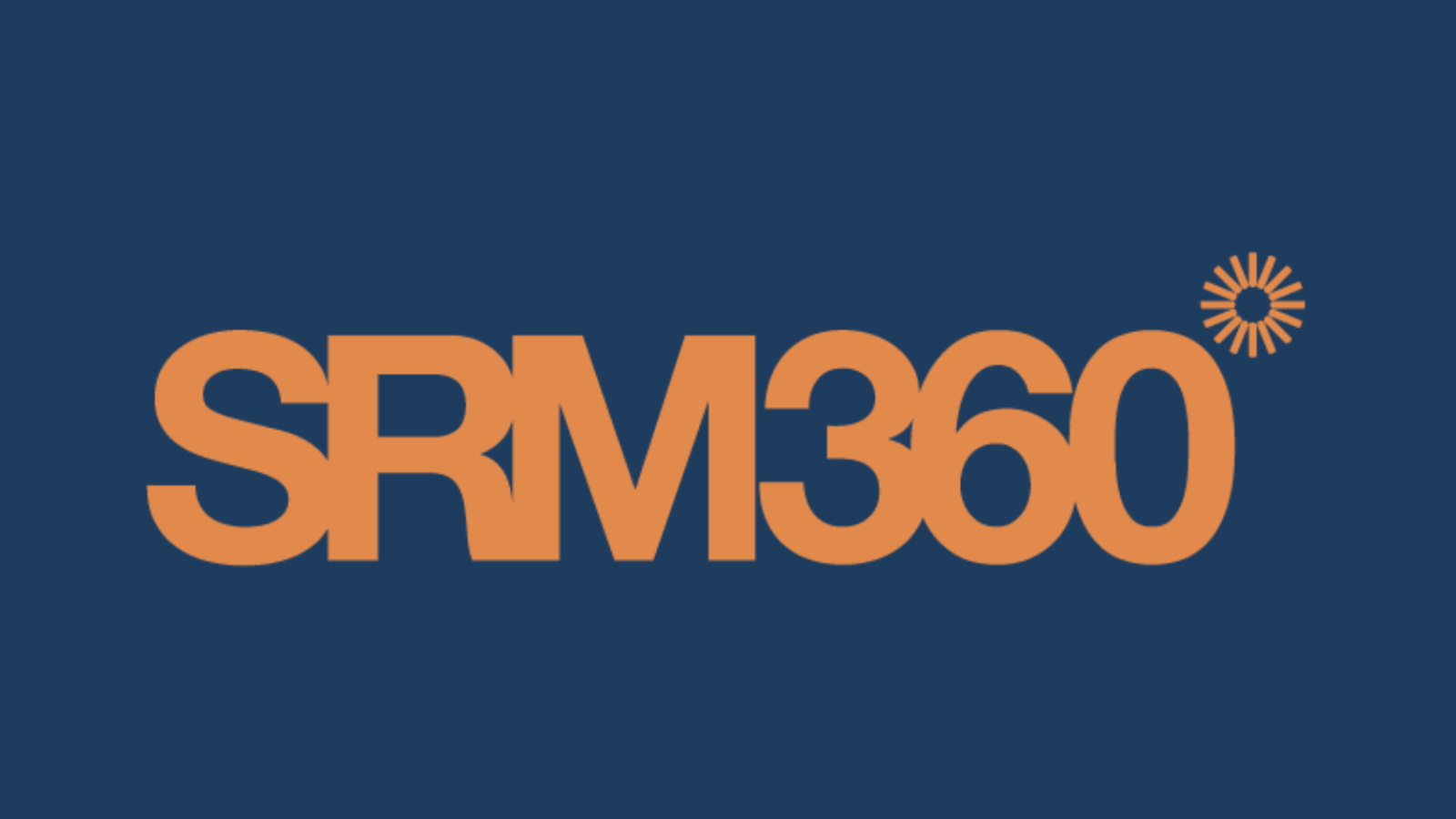Perspective
The Importance of Transparent, Unbiased Communication on SRM
Whitney Peterson of The Alliance for Just Deliberation on Solar Geoengineering highlights the critical role of transparency and unbiased communication in addressing the ethical challenges and uncertainties surrounding sunlight reflection methods (SRM), showing how building public trust requires inclusive dialogue for equitable, informed decision-making, especially for climate-vulnerable communities.
SRM Guide
How Should SRM Be Governed?
As the global climate crisis intensifies, the need for innovative interventions has become increasingly urgent. One such intervention is solar geoengineering (also called solar radiation modification, or SRM), which seeks to reflect a portion of the sun’s energy back into space to reduce rising global temperatures.
While SRM offers potential, it also brings significant uncertainty, ethical challenges, and widespread public concerns. Central to addressing these concerns is the need for transparent, unbiased communication. Without this, SRM risks becoming a misunderstood or misrepresented technology – one that could lose the public’s trust even before its scientific merits are fully understood.
Public trust is fragile, and misinformation is a growing threat
The future of SRM will be shaped less by scientific facts and more by public understanding and trust in the research. Recent studies reveal a strong link between geoengineering and misinformation – consisting of false, misleading or selectively incomplete information – as social media echo chambers amplify negative sentiments, alarm, and distrust.
Research from the University of Cambridge indicates that “specific conspiracy theories influence public reactions toward geoengineering”, with negative emotions tending to rise following the announcement of an SRM project or experiment. These conspiracies have a spillover effect, shaping regional debates in the United Kingdom, United States, India, and Sweden while intertwining with broader political concerns. These views, even from a vocal minority, highlight the risk of concerns about misinformation fueling opposition.
We’re already seeing the powerful impact misinformation can have in shaping both public discourse and policy decisions. In the United States, Tennessee recently passed a law banning the release of airborne chemicals, influenced by conspiracy theories about weather modification. This trend is not isolated – extreme weather events like hurricanes are increasingly being linked to disinformation, with climate-altering technologies such as solar geoengineering becoming a focal point for conspiracy theories and public mistrust. Although these discussions are largely based in the United States, they could foreshadow how misinformation spreads globally, shaping perceptions elsewhere.
The media: a double-edged sword
The media plays a significant role in shaping how SRM is perceived, and its framing can heavily impact public understanding and support. Accurate media coverage is essential to avoid sensationalism or clickbait that distorts the issue. A recent study in Climatic Change found that “framed communications can exert a powerful and durable impact on the public’s beliefs and general support” for SRM. According to the paper, public support can vary depending on how it is framed – for example, people are more supportive of SRM when it is likened to natural processes like volcanic eruptions.
However, framing SRM as a “major solution” to climate change can have mixed effects, and media coverage that uses metaphors like “disaster insurance” or “thermostat” to frame geoengineering technologies can influence public perception by simplifying or amplifying concerns. By ensuring that the complexities of SRM are thoroughly reported, journalists can help prevent misinformation, foster transparency, and hold actors accountable as they navigate any potential research and development of solar geoengineering.
The role of values and belief systems
Public perceptions of SRM are shaped by more than just science; values and belief systems play a central role in how people respond to climate intervention. Some view SRM as a necessary tool in a global emergency, while others see it as reckless interference with natural systems – a reflection of humanity’s hubris. These perspectives often reflect deeper cultural and ethical stances about technology and the environment.
Biases and backgrounds critically shape these perceptions. For instance, climate tech advocates and entrepreneurs may view SRM as a potentially viable tool to mitigate the worst impacts of climate change, focusing on its scientific feasibility, technical risks, and governance frameworks. In contrast, activists and members of climate-vulnerable communities frequently express concerns that SRM could exacerbate existing inequalities and disproportionately affect those already on the front lines of climate change. Communication that acknowledges these diverse viewpoints is essential for fostering informed, respectful dialogue on SRM. Moreover, these conversations must also reflect the political dimensions of SRM research – research priorities, funding, and decision-making processes are all shaped by existing political and power structures.
Historically, global climate negotiations have been shaped by equity concerns between the industrialized countries and emerging economies, largely centering on debate over which countries have contributed most to climate change and how the mitigation and adaptation costs should be apportioned. An honest global dialogue should continue to address these imbalances, ensuring climate-vulnerable communities are fully informed and involved, preventing SRM from benefiting a few at the expense of many.
Transparency – more than just a buzzword
Transparency is often mentioned in discussions about SRM, but it’s more than just a trending term – it’s essential for maintaining public confidence. Since SRM research is still in its early stages, there is a unique opportunity to be fully open from the start, sharing findings as they develop. Clear communication about both the potential benefits and risks of SRM can build and sustain public trust. Given the global impacts of SRM interventions, communities – particularly those most vulnerable to climate change – must be equipped with a comprehensive understanding of SRM’s potential risks and consequences, with information presented fully, without oversimplification. Incomplete or biased details can foster fear, confusion, and distrust, hindering informed discourse.
One major concern is that SRM could worsen global inequalities. Countries already disproportionately affected by climate change – especially in the Global South – could face greater risks if SRM disrupts weather patterns or worsens droughts. Alternatively, countries most affected by climate change could also see significant benefits from SRM. Unfortunately, right now, the full impacts of SRM are unclear. Open research, backed by clear and accountable governance, would help ensure that SRM isn’t exploited by powerful nations at the expense of marginalized communities.
Transparency must also include an acknowledgment of uncertainties. Uncertainty is not a weakness – it’s an opportunity for balanced discussions. If SRM is framed by technologists or entrepreneurs as a solution to innovate our way out of the climate crisis, there’s a risk of creating unrealistic expectations, leading to complacency in reducing greenhouse gas emissions through other essential strategies like decarbonization. Communication, therefore, is not just about presenting facts – it’s about engaging with the complexity of the technology and fostering an environment where the public can form well-rounded, informed opinions.
Fostering trust through inclusive dialogue
Building trust around SRM requires more than technical expertise; it calls for openness, respect for diverse perspectives, and a commitment to ongoing dialogue. Trust isn’t built through one-way communication where experts dictate to the public – it grows through inclusive conversations that listen to voices and address concerns. Scientists, policymakers, and civil society must collaborate to create spaces for open, respectful discussions. This ensures that SRM decisions are not only scientifically sound but also ethically and socially responsible. Fostering inclusive, honest communication can guide public discourse toward responsible, equitable decision-making for the future.
The views expressed by Perspective writers and News Reaction contributors are their own and are not necessarily endorsed by SRM360. We aim to present ideas from diverse viewpoints in these pieces to further support informed discussion of SRM (solar geoengineering).



